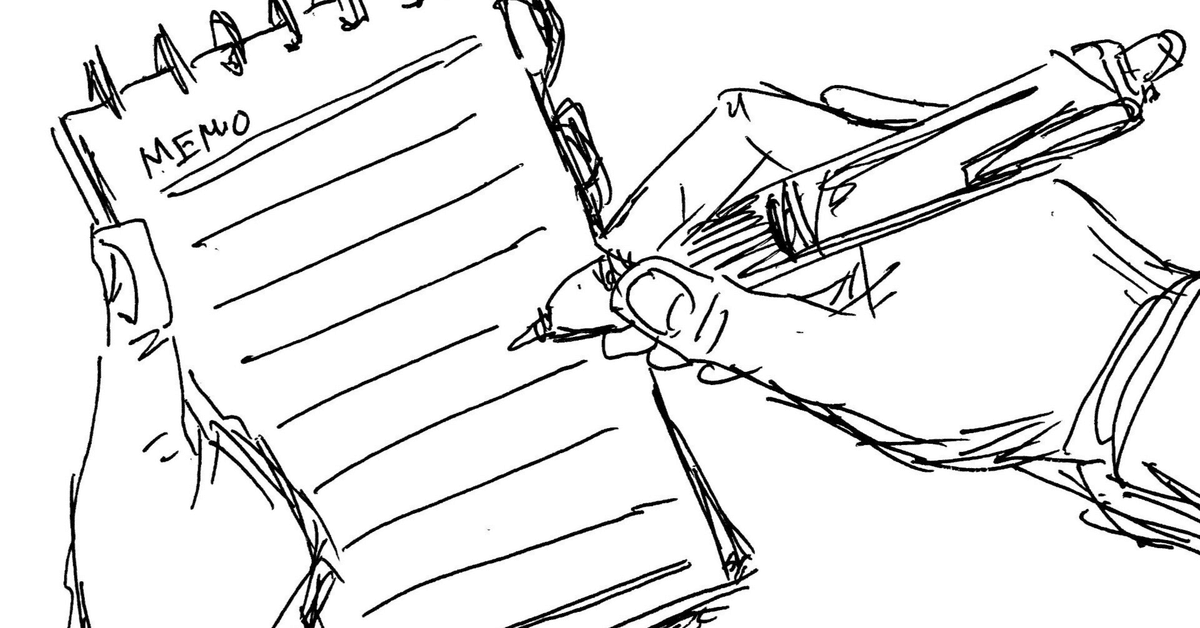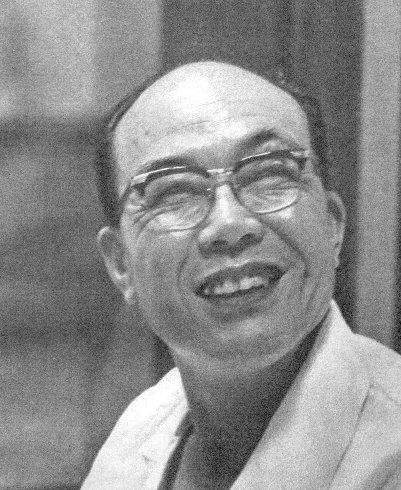
The Leaders I Wish I Could Have Met—What I Learned from Them
5月6日に投稿した記事「会ってみたかった日本の経営者―彼らから学んだ事」に対し、想定以上にスキをいただいた(皆さん、ありがとうございます!)。
私は、オンラインで英会話レッスンを受講しているのだが、記事の話をしたところ、カナダにいる私の先生はホンダを運転しているものの、創業者である本田宗一郎のことは全く知らなかった。
せっかくなので、英語でもこの記事を執筆したい。
(This is an English version of the following article.)
I was lucky enough to meet and interview some top executives who are pretty well-known in the real world. As I got to know them, I found that many of them were truly people of integrity.
If I talk about them here, it might give away my identity. So, this time, I want to write about four people I never got the chance to interview. Two of them were from different generations, so meeting them was impossible.
Here are the executives I wish I could have met and interviewed.
①Soichiro Honda, Founder of Honda Motors Ltd.

Not to mention, he is the founder of Honda Motors. He's often highlighted as a great leader in past executive rankings, so you've probably heard some stories about his bold and dynamic character, as well as his outstanding accomplishments.
I strongly resonate with his philosophy: "I have never ever judged a person based on race, family's social standing, or academic background." Because of this, I've read several books about him.
One of my favorite stories about him is when Mr. Honda took an American business client to a ryotei, a high-end Japanese restaurant. The American got drunk and accidentally dropped his denture into a vault toilet. Mr. Honda voluntarily took off his clothes, got into the toilet to find the denture, and eventually spotted it. To lighten the mood, he thoroughly cleaned and disinfected the denture, then put it in his mouth, saying, "Everything's all right."
It's said that Mr. Honda's long-time right-hand man, Takeo Fujisawa, witnessed the scene and later recalled that this was the moment he realized he could never match Mr. Honda as a person. He decided then and there to follow him for the rest of his career.
When Mr. Honda was invited to a ceremony at the Imperial Palace to receive an Order of the Sacred Treasure, he insisted on attending in coveralls instead of a tailcoat. "Formal attire for an engineer is coveralls," he said.
While he was a stubborn technician, he was adored by his employees, who affectionately called him "Old Man." It's easy to see why. I see he was such a charismatic leader, both dynamic and humane, as I got to know more about him.
②Hirotaro Higuchi, Former President of Asahi Breweries Ltd.
He was a former president and is credited with revitalizing Asahi Breweries. He was sent from Sumitomo Bank, where he was a vice president, to Asahi. In 1986, he became the president and transformed the struggling company, which had been nicknamed "a sundown beer" due to its poor performance, into the industry's leader, thanks to the success of Asahi's "Super Dry" brand.
I didn’t know much about him as a top executive because I was a kid back then. But when his story was published in Nikkei's "My Personal History" ("Watashi no Rirekisho") in 2001, I was drawn to his character, which had a fighting spirit and a humane touch. He believed in "Doing what has never been done" and "Adversity brings opportunity," which must have been tough for traditional Japanese companies to get back then.
When he first got to Asahi, he faced a lot of hostility from the existing employees. But he stuck to his belief: "Leadership isn’t about managing skills but about bringing out the best in people. To do that, you need imagination and have to work with talented staff." This idea is pretty close to what we now call human capital development.
③Osamu Suzuki, Advisor to Suzuki Motor Corp.
A charismatic leader who transformed a midsized car maker in Hamamatsu into a global auto company. He led Suzuki for over 40 years. The company expanded into India and Hungary faster than any other domestic rivals and formed partnerships with top players like GM and VW (though Suzuki later ended those and now is teamed up with Toyota). This really showcased Mr. Suzuki’s leadership.
Mr. Suzuki retired as chairman in 2021, which wasn’t that long ago. He was around while I was still working as a reporter, but I wasn’t covering the auto industry, so I never got the chance to meet him, unfortunately. From what I’ve heard, he was a dynamic and audacious character. On the other hand, he had a charming side too, like when he waved to the press saying “bye-bye” at his resignation conference.
④Tokuji Munetsugu, Founder of Ichibanya Co., Ltd.
This guy is the founder of Ichibanya Co., Ltd., and his story is a bit different from the three leaders mentioned above. Some of you might know this, but his upbringing is truly heroic. He was left at an orphanage shortly after birth and adopted by foster parents. He endured an extremely poor childhood, often barely getting enough to eat.
Later, Mr. Munetsugu started as a real estate broker but then switched to running a local coffee shop. In 1978, he opened the curry house "CoCo Ichibanya." What makes him so special is his stoic work style and philanthropic activities.
Here are some pointers based on what I learned from books and reports:
・Until his retirement, he never joined golfing or entertainment activities and didn’t have any friends. He only slept 3-4 hours a night to stay committed to work.
・He would go to work around 4 a.m. and read through customer feedback, which often amounted to 1,000 comments a day. His routine also included cleaning the shops.
・After retiring as the top executive, he used his private money to build Muneji Hall in Nagoya. He established a non-profit organization named Yellow Angel to promote music and sports, support welfare facilities, and help homeless people, and he became its Chief Director.
・He still wakes up at 4 a.m. to clean around the hall, plant flowers, and cook lunch for his 15 staff members. He also welcomes guests before performances at the hall and enjoys classical music with them.
He is truly a person of faith.
The four leaders I covered here have something in common: they had an extraordinary spirit of challenge and a positive attitude toward any difficulties. They were very strict at work, but at the same time, their characters were filled with humanity and kindness.
Even though I am not running a business, I want to reflect on their ways of life whenever I face crossroads.
https://twitter.com/ATF_TOKYO
